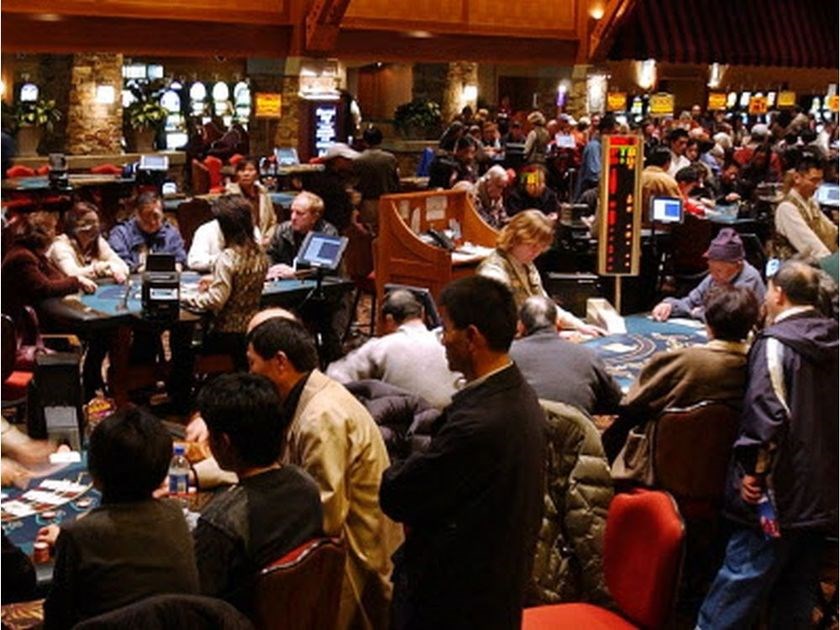A new window onto B.C.’s fentanyl crisis might have opened. It appears organized crime groups are using casinos to launder enormous quantities of cash, some of which comes from the traffic in street drugs.
Not all of the laundered money derives from this source. But Canada-wide, illicit-drug sales account for nearly 60 per cent of gang-related income. In B.C., that could amount to $5 billion or more, a portion of which was certainly raised selling fentanyl.
It’s been known for some time that casinos offer an attractive way to cloak the proceeds of crime. Gang members can claim they came by their cash playing poker.
But it appears casino-based laundering is far more extensive than was previously understood. It also appears Christy Clark’s former administration knew the facts for some time and failed to respond effectively.
In 2015, Clark’s government commissioned a report on the relationship between organized crime and casinos. But when it became evident the contents were explosive, the report was quietly buried. It came to light only last month when Attorney General David Eby released a summary version.
The findings are in three parts. First, huge volumes of unsourced cash are being dropped off at casinos, usually late at night. Law-enforcement agencies believe this money is gang-related, and there are instances of “patrons” sitting down to gamble with hundreds of thousands of dollars. Most of the casinos involved are in the Lower Mainland.
Second, security is far too lax at some of the most highly frequented casinos, and staff are inadequately trained to spot suspicious activity. Yet it’s known that a small number of patrons — perhaps no more than 100 — account for a significant portion of the cash changing hands.
Third, there are serious conflicts of interest. Casino operators have limited regulatory responsibilities, meaning their principal focus is on generating revenue.
As a result, there is little incentive to ensure that high-risk patrons are identified and banned. The River Rock Casino Resort has allowed cash buy-ins in excess of $500,000, without determining the source of the funds.
The province also has a conflict of interest. Any measures taken to drive money-laundering out of casinos would reduce the profits of the B.C. Lottery Corporation. And the government relies on the corporation for more than $1 billion a year in dividends. That might be one reason the report was buried.
A partial solution is to set limits on cash buy-ins. Unfortunately, so-called VIP patrons are developing ways around this, such as using bank drafts and electronic money-transfer systems that might not reveal the true source of the funds.
Better staff training is definitely a necessity, and casino operators must be held to a higher standard of accountability.
But the real problem has been government lethargy and a policy of looking the other way. The lure of vast sums of cash has blunted any meaningful attempts at reform.
Eby at least understands the magnitude of the challenge. He has hired Peter German, a former deputy commissioner of the RCMP, to conduct a review. The report is to be completed by March of next year. German is one of Canada’s leading authorities on money-laundering schemes.
Yet more reams of paper will not change the essential fact: There is an incestuous relationship between Lower Mainland casinos and organized crime. Neither can flourish without the other.
For real change to occur, the entire culture of the industry must be altered. And that will happen only if Eby embarks on a far-reaching cleanup.



